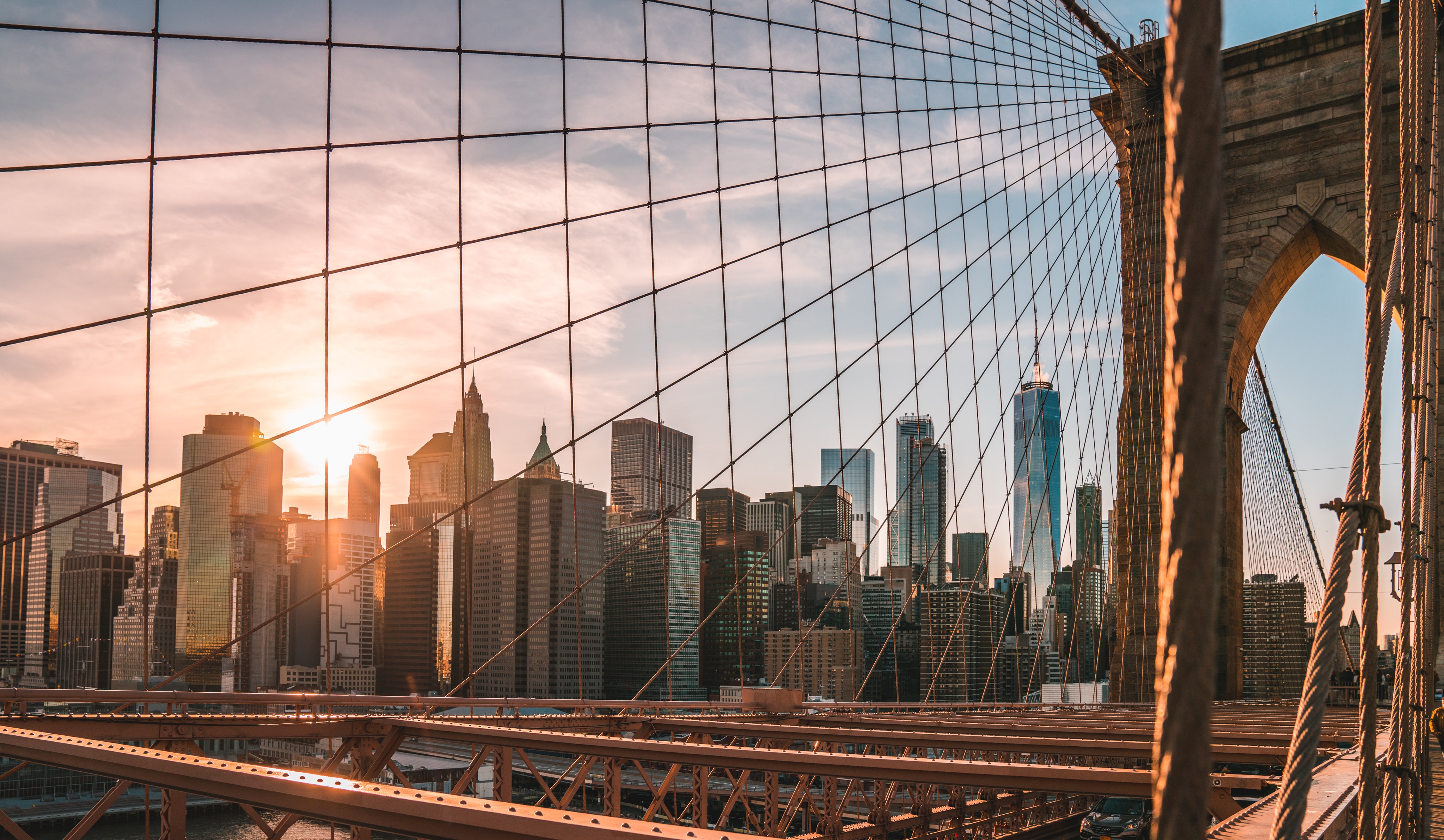5 Facts about the Startup Ecosystem in the United States and in Canada
Authored by Paula Vazquez

Table of Contents:
Setting up a new business is exciting, frightening, and challenging as well as an incredible experience for every entrepreneur. Choosing the correct visa for launching or working on your startup can be a key step in your entrepreneurship path. The following list contains six visa options that can help you set up a new business in America's startup ecosystem. Remember you can browse more start-up visas in other regions at visadb.io.
The United States International Entrepreneur Parole (IER)
The United States has been well known for a while as a land of innovation and opportunity, which is still reflected in how it represents 70% of the North American ecosystem only with Silicon Valley, New York City, Boston, and Los Angeles. The United States is, at the same time, 50% of the global startup force. The International Entrepreneur Parole (IER) is a relatively new visa from December 2017, and the only Entrepreneur entry regulation available in the United States. With the IER, the Department of Homeland Security can utilize its parole authority to grant a period of authorized stay, on a case-by-case basis, to entrepreneurs of foreign origin who demonstrate that their stay in the United States would benefit greatly the public through their business venture and that they merit a favorable exercise of discretion. Entrepreneurs that are granted this Parole are eligible to work only for their start-up business, and their spouses may apply for work authorization once present in the country.
At visadb, we have partnered with a verified US lawyer, Alexandra Michailov, to help you get this visa. You can connect with her here.
- Which cities are the top performers for startups in the United States? Within its numerous startup hubs, the main three are Silicon Valley, New York City, and Boston.
- What does the startup ecosystem look like in Silicon Valley? Silicon Valley is the #1 startup ecosystem worldwide, and “despite the increased scrutiny and rising residence prices, [it] remains a vibrant place for startups” (Robert Siegel). The ecosystem is worth $1029 billion of dollars and its sub-sector strengths are mainly AI, Big Data & Analytics, Fintech, and Life Sciences. Two great features of Silicon Valley are the laws and regulations which protect entrepreneurs to guard ownership of ideas and business interests; and the great range of angel investors in the area.
- What does the startup ecosystem look like in New York City? New York City’s startup ecosystem is only beaten by Silicon Valley, and it is worth $189 billion of dollars. It is also known for being the most diverse in the country by hosting Women.nyc to support female-owned businesses, but it also became the largest US city to recognize LGBTQ-owned companies, which made it a hot spot to support and funding. Something to highlight in the future of New York City’s startups is the initiative from the Mayor’s Office and the NYC Department of Small Businesses to cut red tape and make it the most accessible one in the country: “We’re cutting the red tape and bringing real relief to the entrepreneurs who have made their dreams a reality and keep our local economy strong” (Mayor Eric Adams).
- What does the startup ecosystem look like in Boston? Boston’s ecosystem, worth $133 billion of dollars, is principally potentialized by its tech-talent from universities such as Harvard and MIT. Therefore, the strongest sub-sectors are Life Sciences Advanced Manufacturing, and Robotics. Another reason why Boston is the top third city for startups in the United States is that it has the second largest national fund venture right after Silicon Valley, which makes it easy for businesses to scale.
- How has the startup ecosystem in the United States changed in the last few years? Even though there are veteran startup ecosystem hubs such as the ones previously mentioned or Chicago, Los Angeles, and others, the United States is always expanding in opportunities. For instance, Austin, Texas, is a growing ecosystem with a worth of $19.8 billion of dollars. Recently, Elon Musk decided to move Tesla to this southern city and aims to employ 5,000 workers. This move is certainly going to affect the nation’s startup ecosystem as investors take a look at it.
Photo: Luca Bravo, Unsplash
Canada Start-Up Visa
Canada is known for its multicultural society and its startup scene is not an exception. Canada has a Start-up Visa Program which targets immigrant entrepreneurs that have the skills and potential to build businesses in Canada as far as they are innovative, can create jobs for Canadians, and compete on a global scale.
- Which sub-sectors are currently thriving in Canada? There are four main successful sub-sectors in Canada. Cleantech is backed by progressive Alberta government policy and grants as they aim to reduce the environmental footprint. Life Sciences is also supported in Alberta as they invested $5 million in a precision medicine venture fund For the growth of Life Sciences companies in the region. Other sub-sectors include AI, Big Data & Analytics, and Fintech.
- What does the Canadian startup ecosystem look like? It is known for being an inclusive and supportive ecosystem aiming for clean technologies and the backing of tech education amongst other industries. Canadian startup ecosystem can best be described in the words of Catherine Warren, the CEO of Innovative Edmonton: “The world needs what Edmonton offers: a passionate and vibrant innovation ecosystem committed to the principles of equity, diversity, and inclusion, aimed at solving some of the world’s biggest challenges - climate emergency, public health, digital education and inclusion, food security and social and cultural innovation.”
- What does the access to capital for startups look like in Canada? There are many access to capital in Canada, but Montreal is the investment capital as it has 6 of the 10 most active Venture capital based in the city, and seven investment funds as well as access to $33 million of CAD from Montreal’s PME.
- What are some successful startup stories from Canada? Toronto, Vancouver, and Montreal are home to some of the most successful unicorns in the world. One example is ApplyBoard which helps students find programs and scholarships abroad and has been valued at 1.50 billion CAD. Another one is Hopper, an application that predicts future flights so travelers can get the best deals.
Photo: Luca Bravo, Unsplash
Related Blogs
Facebook Groups API Deprecation and Alternatives
Facebook's shutting down the Groups API, affecting tools that automated posting and keyword tracking. Here is the best alternative for your business.
Open a company in Estonia and become an e-resident in 30 days
Estonia’s e-residency allows you to manage your business 100% remotely, has corporate tax benefits. Read here how to open a company in Estonia and become an e-resident in 30 days.
IT Company 0% Tax Benefits and Registration Process in Armenia
If you are a digital nomad or remote entrepreneur looking for options or alternatives to register your business, a tax-beneficial option is Armenia, from the session “IT Company 0% Tax Benefits and Registration Process in Armenia”.
Become an Estonia e-resident and run your business remotely
Find how to become an Estonia e-resident and run your business remotely from first-hand experince of an e-resident himself.


